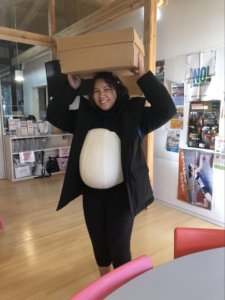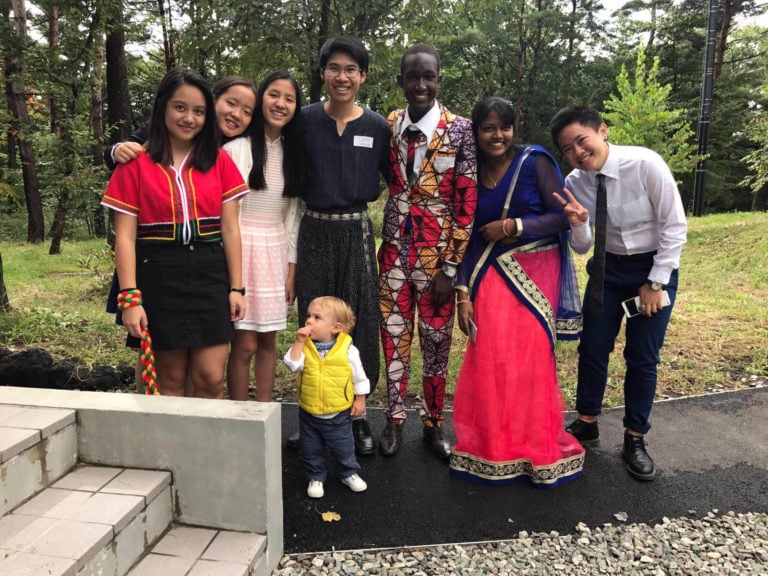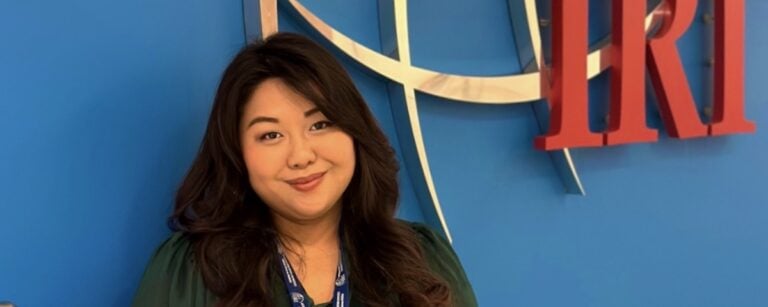“Leadership is about empathy. It is about having the ability to relate to and connect with people for the purpose of inspiring and empowering their lives.”
-Oprah Winfrey
Sympathy is a good thing. It comes from a sincere compassion for the well-being of others. The world needs more of it. But there is something intrinsically unique and powerful about empathy, where shared experiences help people connect on a deeper level that rooted in mutual understanding. This understanding is what makes empathy transformational.
A recent unit in Mr. McGibbon’s Leading With Others course sought to explore the concept of empathy by giving students the opportunity to walk in another’s proverbial shoes. Specifically, students were asked to each spend a few days wearing devices that mimic a perceived physical disability or condition. Students rotated between Goggles that limit vision, noise-blocking earmuffs, arm and leg braces that limit mobility, and a body suit designed to mimic the experience of a third-trimester pregnancy (though obviously not completely).
“These devices are really effective in helping students understand what people are going through,” commented Mr. McGibbon, who has been teaching the core leadership course since 2014. “The more students can experience the struggles of others, the better they can understand their needs. Hopefully, these experiences will encourage our students to consider problems from an even wider perspective so that the solutions they come up with will be truly unique.”
been teaching the core leadership course since 2014. “The more students can experience the struggles of others, the better they can understand their needs. Hopefully, these experiences will encourage our students to consider problems from an even wider perspective so that the solutions they come up with will be truly unique.”
I-din (Class of 2021, Thailand) says the unit has been the most challenging so far: “It is really easy to consider a straightforward solution to a problem when you are only thinking from the perspective of yourself as the center of the world. But this exercise really made me realize how challenging even simple tasks can be when you are differently enabled. After wearing the pregnancy suit for a few days I called my mom and thanked her for carrying and taking care of me for 9 months (and afterward, of course).”
Theo (Class of 2021, Germany) found the sight-limiting goggles the be the most difficult to adjust to. “Until you’ve done something like this, you don’t realize how much you rely on your vision for little things. For example, eating was much more difficult than I expected. More than once did I make a mess of a meal because the reference points I was used to weren’t there.”
Beyond the experiential aspect of the three-week-long unit, students were asked to reflect on how they may be able to turn insights into inclusive actions in the community.
Through this type of activity the students of UWC ISAK Japan and learning how to understand and appreciate different perspectives, challenge themselves academically and emotionally, and develop their innate potential as change-makers who can identify what is most important and needed, take action in the face of discomfort, use diversity as a strength, and support others in this practice.





